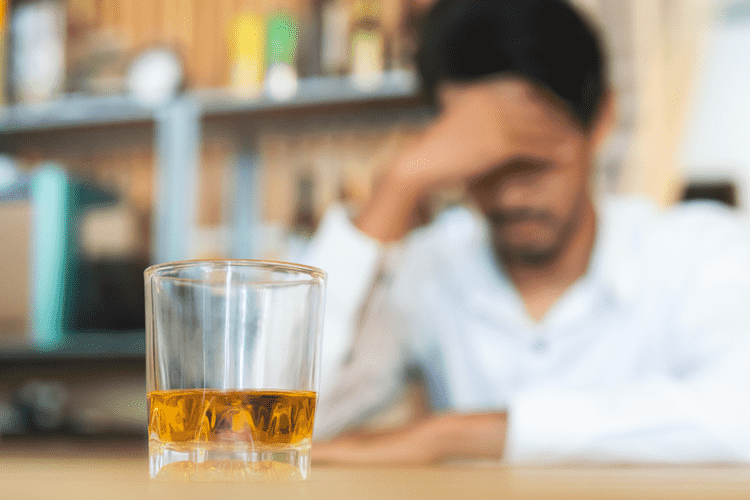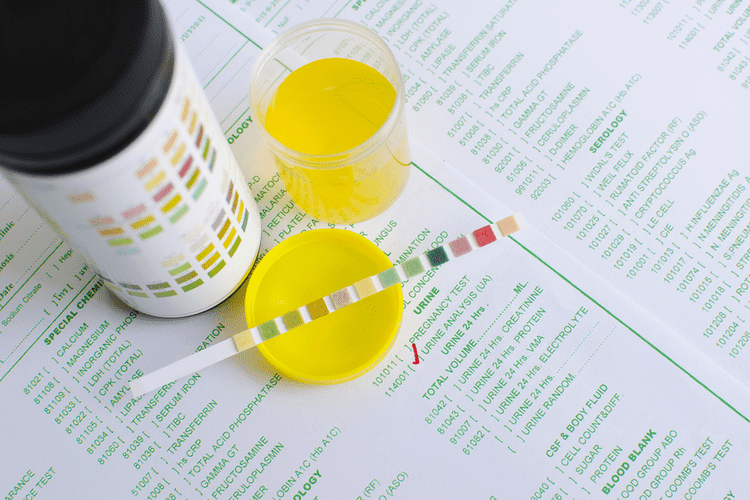For those in recovery, it is similar to abstinence from substance or alcohol use. By choosing sobriety, you’re investing in a future where health, happiness, and growth are within your reach. When examining sobriety, it’s helpful to consider synonyms that capture its essence.
Life after addiction isn’t just possible. It’s the norm
- Knowing what sobriety is, what it means to “be sober,” and some common challenges can empower you or a loved one to begin your sobriety journey with the right expectations.
- According to Jeanette Tetrault, MD, an addiction medicine specialist at Yale Medicine, the terms “sobering up” or “getting sober” are stigmatizing.
- The more tools you have for identifying triggers, coping with stress, and managing your new sober life, the easier you’ll prevent relapse.
- “Things that I thought I would never gain again, through the process of recovery I have them all,” she said.
Others do well on their own making use of available community resources. Sustaining behavior change until new patterns become ingrained is difficult under the best of circumstances. In leaving addiction behind, most people have to restructure their everyday life, from what they think about and who they spend time with and where, to how they use their time, to developing and pursuing new goals. The shifts in thinking and behavior are critical because they lay the groundwork for changes in brain circuity that gradually help restore self-control and restore the capacity to respond to normal rewards. Cravings are the intense desire for alcohol or drugs given formidable force by neural circuitry honed over time into single-minded pursuit of the outsize neurochemical reward such substances deliver.
- Sobriety is the process that encompasses all the tools needed to maintain the state of abstinence.
- Recognizing the need to get sober is one thing; knowing how to do so is quite another.
- Acknowledging and celebrating the hard work of recovery is helpful for keeping you motivated and reminding you why you took this brave step toward sobriety in the first place.
- The process of recovery is highly personal and occurs via many pathways.
- Some of the most helpful strategies for dealing with cravings are summarized in the acronym DEADS.
- To avoid relapse and remain sober, it’s important to develop healthy relationships.
Avoid Old Routines and Habits
By treating both aspects, you stand a better chance at sustaining sobriety and leading a fulfilling life. Engaging in group therapy or support groups like Alcoholics Anonymous (AA) or Narcotics Anonymous (NA) provides a sense of community and shared experience. These groups offer not only support but also accountability, which is crucial for mental health and sobriety.

What Are The 6 Steps Of Sobriety?
Sobriety, per the textbook definition, means not being intoxicated at any given point. It is the avoidance of drugs alcohol, and the development of an entirely new lifestyle, social group, perspective, mentality, and even spirituality. Tattoos are always a personal choice, and no single tattoo is https://engenegr.ru/gost-r-iso-10718-2005 universal for those living their best sober lifestyle. Community helps deconstruct stigmas and barriers to sober living and treatment. It also creates new feelings of acceptance, understanding, and sympathy. One study found that 68% of people treated in a detox unit experienced moderate alcohol withdrawal symptoms.

What Are Other Tools And Strategies For Maintaining Sobriety?
Providing specific examples of things an individual is proud of, such as a specific goal like starting a job, a grade on a test, or starting a new hobby, can make these moments more personal and meaningful. Sobriety is a commitment to a new lifestyle and something that should be celebrated for years to come. Finding ways to take care of yourself is essential, but it might not be something you’re used to doing every day. The journey to sobriety is filled with accomplishments and milestones, each of which should be celebrated for the effort and dedication it took to reach them. Avoiding alcohol has been shown to lead to an increase in overall happiness despite the challenges of sobriety.
- It empowers you to make choices that align with your true self, free from the influences of substances.
- This understanding and empathy alleviates shame and other negative emotions leading to relapse.
- SMART Recovery is a secular, science-based program that offers mutual support in communities worldwide as well as on the internet and has specific programming for families.
- Trigger situation avoidance and other relapse prevention skills are one of the many valuable lessons you’ll take from participation in some form of substance abuse rehab program.
The American Society of Addiction Medicine (ASAM) defines addiction as a chronic disease that affects the brain’s reward, motivation, and memory functions. Sobriety, then, is not just about stopping substance use but also about healing and retraining your brain to find joy and fulfillment in activities and relationships that aren’t centered around drugs or alcohol. Looking back to the early nineteenth century, both drunkenness and substance use were viewed as moral failings and heavily stigmatized. There was no treatment for alcoholism or drug addiction, only punitive actions like imprisonment. The definition of sobriety has evolved, https://docload.ru/standart/Pages_gost/674.htm reflecting a more compassionate and holistic understanding.
The Journey of Sobriety

Establishing a routine with regular sleep and support group attendance can reduce stress and help you stay sober. Early sobriety may come with feelings of fatigue and the stress of dealing with challenges (people, https://cenzure.net/pagescat/8/216/25/ places, and things that stimulate the urge to use). It’s impossible to know how you’ll react and how your life will change when getting and staying sober. Some people may find that wearable devices and smartphone apps can support their recovery from alcohol use disorder. Biosensors monitor physical changes, detect alcohol use, and identify relapse risk. Studies suggest digital health options can improve access to care for some of the 15 million people experiencing alcohol use disorder each year.
